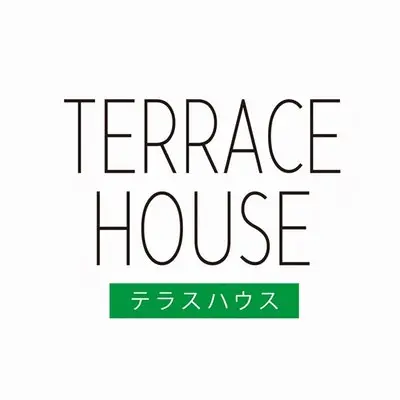Terrace House was deceptively portrayed as being a wholesome and mundane reality show
-

Hana Kimura's suicide in May has exposed Terrace House for what it really is: just another reality show that tries to manipulate reality. To American viewers, Hana could be seen as bubbly and compassionate. But for Japanese viewers, Hana -- with her half-Indonesian heritage, darker skin and wrestling persona -- was the target for racist attacks and portrayed as violent. Samantha Grasso thinks Terrace House's "illusion of being beautifully, perfectly 'mundane' was predicated on a deceitful production that willfully misled audiences with a charming, funny panel of commentators and manipulated cast members, Hana included. Terrace House’s veneer of authenticity lulled fans into thinking they were watching something shiny and special and wholesome, a particular draw for Western viewers who saw the series as a foil to aggressive, manipulated reality TV shows like the Jersey Shore and Bachelor franchises." Grasso adds: "Perhaps our desperation to define Terrace House as 'different' from the American drivel we revile, and our ease in reinforcing cultural stereotypes about politeness and confrontation in Japan, made it easy for us to believe that the show existed in a vacuum, immune to the forces of entertainment value. But nothing is without intention, and even an unscripted show comes with producers whose goal is to get the best TV out of their cast. I feel guilty in wanting to have believed this lie — to have willfully ignored the obvious casting, the stilted panelist commentary, and this dissonance between how the cast sees themselves portrayed and how they see themselves in real life. But I’m not sure I’m as guilty as the people who plastered this facade to look the way it does."
TOPICS: Terrace House, Netflix, Reality TV
More Terrace House on Primetimer:- Japanese police open case against a man who allegedly cyberbullied late Terrace House star Hana Kimura
- Amid fallout over Hana Kimura's death, Terrace House stars detail how producers dictated their on-camera behavior
- Japan wants to rein in internet trolls following Hana Kimura's death as free speech advocates cry foul
- Before Hana Kimura's death, the abuse Terrace House stars received was considered par for the course
